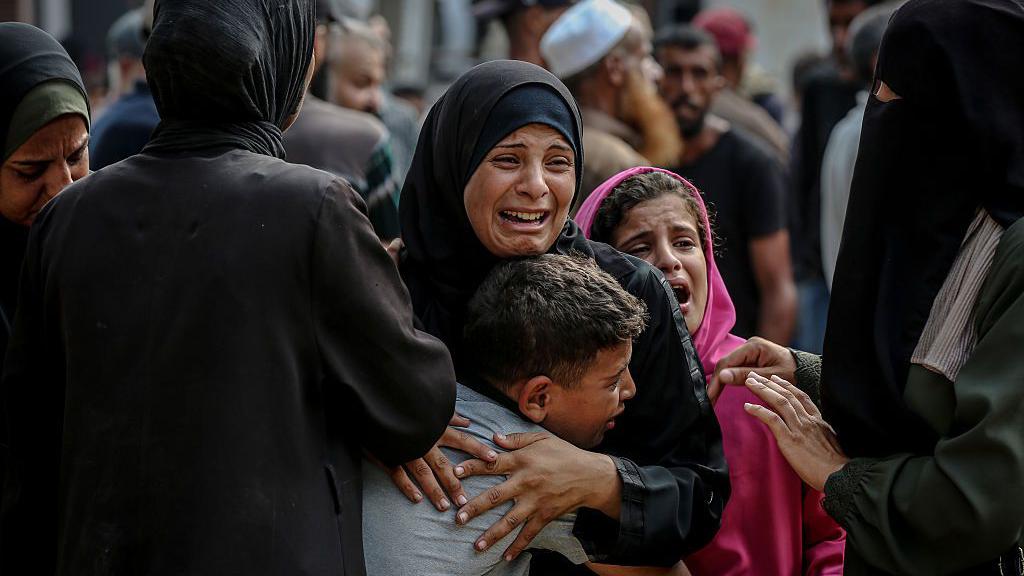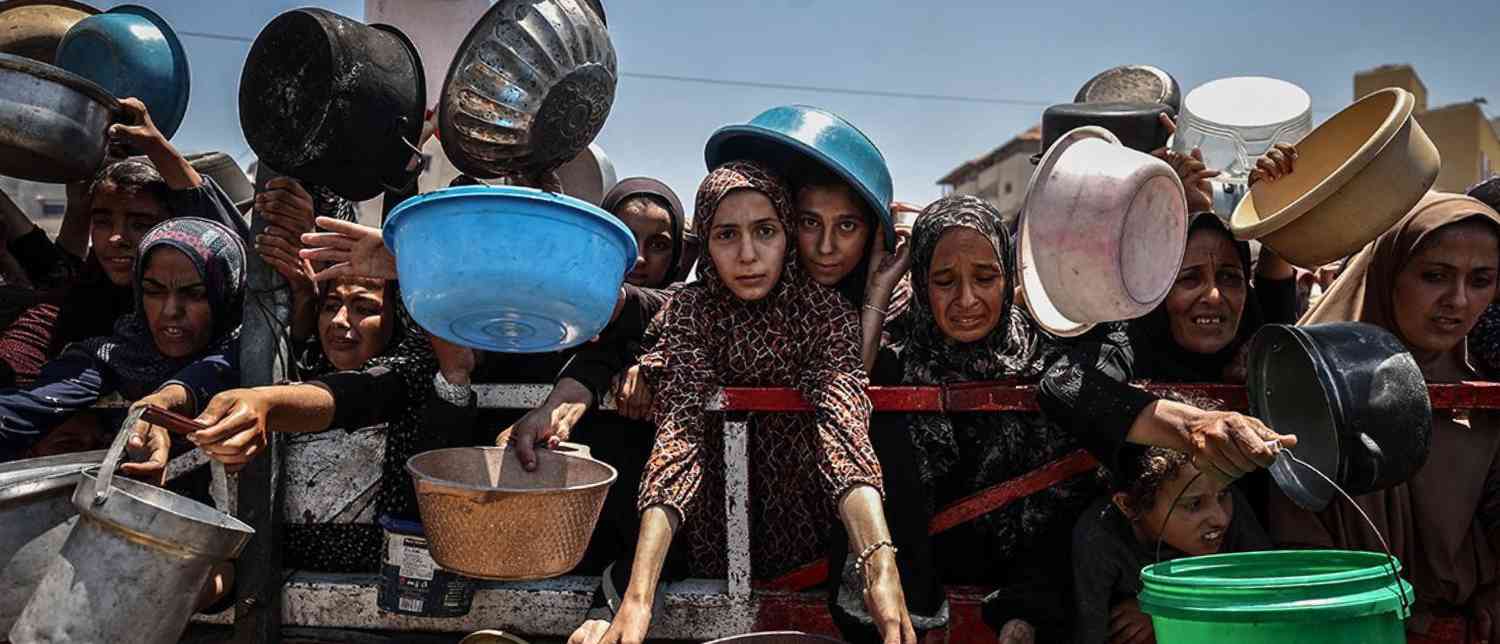More than half a million people in Gaza are currently trapped in famine, an alarming humanitarian crisis described by the United Nations Secretary-General António Guterres as "a failure of humanity itself." This catastrophic situation is marked by starvation, severe malnutrition, and preventable deaths. A new report released recently by the United Nations and backed by a global food security classification group highlights that famine conditions have been confirmed for the first time in Gaza Governorate and are expected to spread further to nearby regions within weeks if urgent action is not taken.

Guterres has called the famine in Gaza a man-made disaster, emphasizing that it is not simply about a lack of food but a deliberate collapse of the essential systems for human survival. The UN chief underscored Israel’s obligations under international law as the occupying power, which includes the responsibility to ensure the population’s access to food and medical supplies. He warned, "We cannot allow this situation to continue with impunity," and urged an immediate ceasefire along with unrestricted humanitarian access.
This grim reality follows nearly two years of conflict and blockade that have devastated Gaza’s infrastructure, economy, and healthcare system. According to UN reports, over 60,000 Palestinians have been killed since October 2023, with tens of thousands more injured. Basic necessities like food, clean water, and medical supplies have become scarce, with many families trapped in overcrowded shelters facing starvation and disease. Hospitals are struggling with shortages, and aid deliveries have been severely restricted for months, worsening hunger and malnutrition, especially among children, pregnant women, and the elderly.

In Gaza, the collapse of civil services and health systems has been catastrophic, leading to increased mortality rates and chronic suffering. Hundreds of thousands of people have gone days without food, and many children’s lives are at risk from acute malnutrition. The famine declaration by the Integrated Food Security Phase Classification (IPC), a partnership of UN agencies and NGOs, serves as an urgent alarm for the global community. The IPC’s assessment is considered the primary evidence-based measure of food insecurity worldwide.
The UN and humanitarian organizations emphasize that this famine is preventable. They call for immediate and full-scale delivery of humanitarian aid to save lives, pointing out that food is available nearby but blocked from entering Gaza. Humanitarian leaders stress the critical need for peace and a ceasefire to allow workers safe access to distribute food, water, and medical supplies effectively.
_1755936512.jpg)
While Israel denies there is famine and blames security concerns for restrictions on aid, more than 100 humanitarian groups, UN agencies, and witnesses confirm the dire conditions inside Gaza. The UN Relief Chief described the famine as "caused by cruelty, justified by revenge, enabled by indifference and sustained by complicity"—a strong message urging the world to take responsibility and act decisively.
From a broader perspective, this crisis is a harsh reminder of how political conflict and military actions can deepen human suffering when access to aid and basic human rights are obstructed. The humanitarian tragedy unfolding in Gaza points to the need for international cooperation, adherence to humanitarian law, and a renewed commitment to protect civilians caught in conflicts.
In summary, the famine in Gaza stands as a stark humanitarian failure requiring urgent global attention. Immediate steps, including an end to violence, release of hostages, and full humanitarian access, are necessary to save lives and restore hope amid one of the most severe crises of our time.
With inputs from agencies
Image Source: Multiple agencies
© Copyright 2025. All Rights Reserved. Powered by Vygr Media.

























